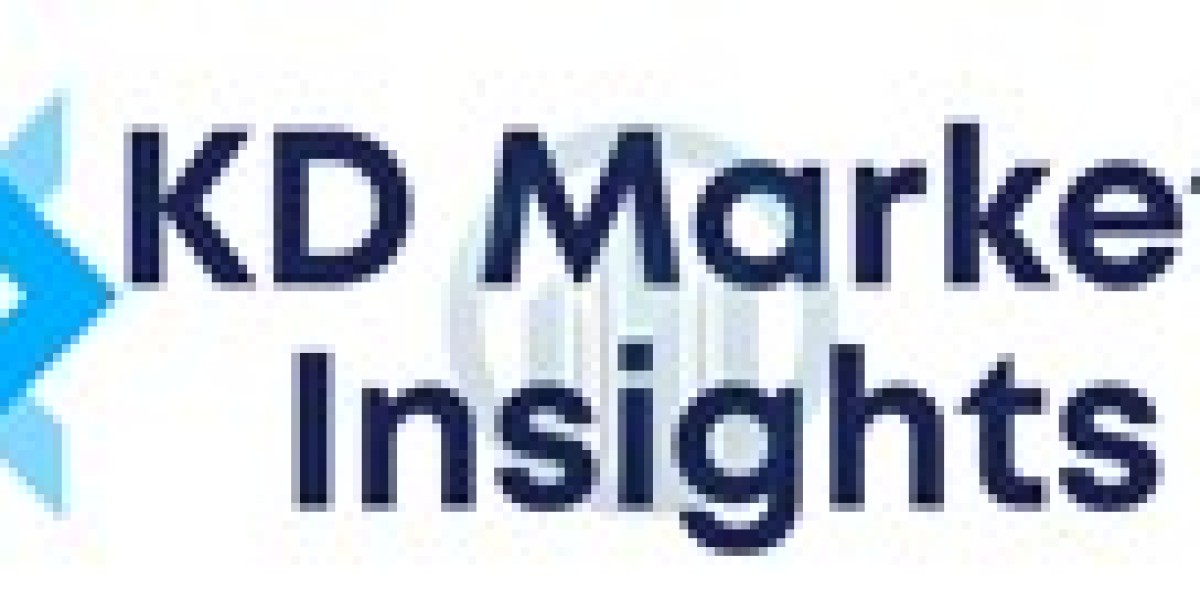The antibody library technologies market is experiencing significant growth, driven by increasing demand for innovative drug discovery solutions, advancements in biotechnology, and the rising need for targeted therapies in diseases such as cancer, autoimmune disorders, and infectious diseases. Antibody libraries, which are large collections of synthetic or natural antibodies, are used to identify and develop monoclonal antibodies (mAbs) for therapeutic purposes. These technologies have become a cornerstone in the development of immunotherapies, biologics, and precision medicine.
One of the key factors propelling the growth of the antibody library technologies market is the increasing investment in biopharmaceutical research and development. Antibody-based therapies have shown considerable success in treating cancer, rheumatoid arthritis, and various infectious diseases, prompting biopharmaceutical companies to heavily invest in antibody discovery platforms. Antibody libraries allow researchers to identify potential therapeutic candidates by screening millions of antibodies for specific targets, reducing the time and cost associated with traditional methods of antibody discovery.
The adoption of phage display technology, yeast display, and ribosome display in antibody library creation has further boosted the market. These display systems enable the rapid generation of diverse libraries and the screening of billions of antibodies in a short period, allowing for the identification of high-affinity antibodies with the potential to treat a wide range of diseases. Additionally, single-cell sequencing and next-generation sequencing (NGS) technologies are being integrated into antibody discovery workflows, enabling more precise identification of antibodies with specific binding characteristics.
The demand for monoclonal antibodies (mAbs) in cancer immunotherapy and autoimmune treatments is a significant driver of the market. The success of therapies like Checkpoint inhibitors (e.g., pembrolizumab, nivolumab) and CAR-T cell therapies (e.g., Kymriah) has increased interest in antibody libraries for the development of next-generation cancer immunotherapies. These therapies rely on highly specific antibodies that can target tumor cells while sparing healthy tissue, making the role of antibody libraries in cancer treatment particularly crucial.
Furthermore, personalized medicine is expanding the potential applications of antibody library technologies. By identifying antibodies tailored to an individual's unique disease profile, these technologies can enable more effective, customized treatment options.
Geographically, the North American market holds the largest share due to its strong presence in biotechnology and pharmaceutical industries, followed by Europe and Asia-Pacific. As the need for new treatments for complex diseases continues to rise, antibody library technologies are expected to play a crucial role in the next generation of biopharmaceutical drug development.
In conclusion, the antibody library technologies market is poised for robust growth, driven by advancements in antibody discovery, the increasing demand for targeted therapies, and the integration of cutting-edge technologies in drug development. With significant opportunities in immunotherapy, oncology, and personalized medicine, antibody libraries are set to become an integral part of the future of drug discovery and biopharmaceutical innovation.
olivesmith
237 Blog posts



